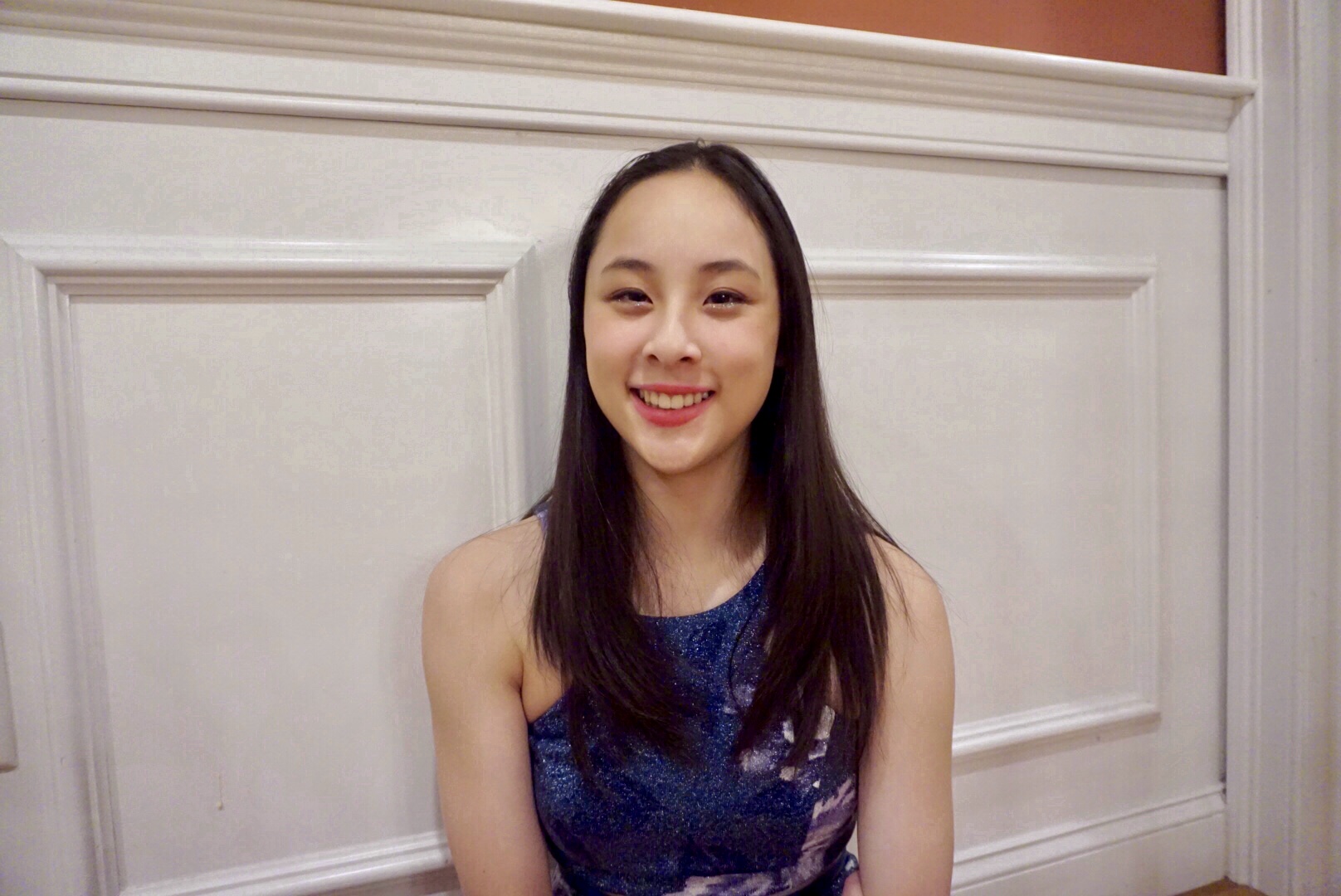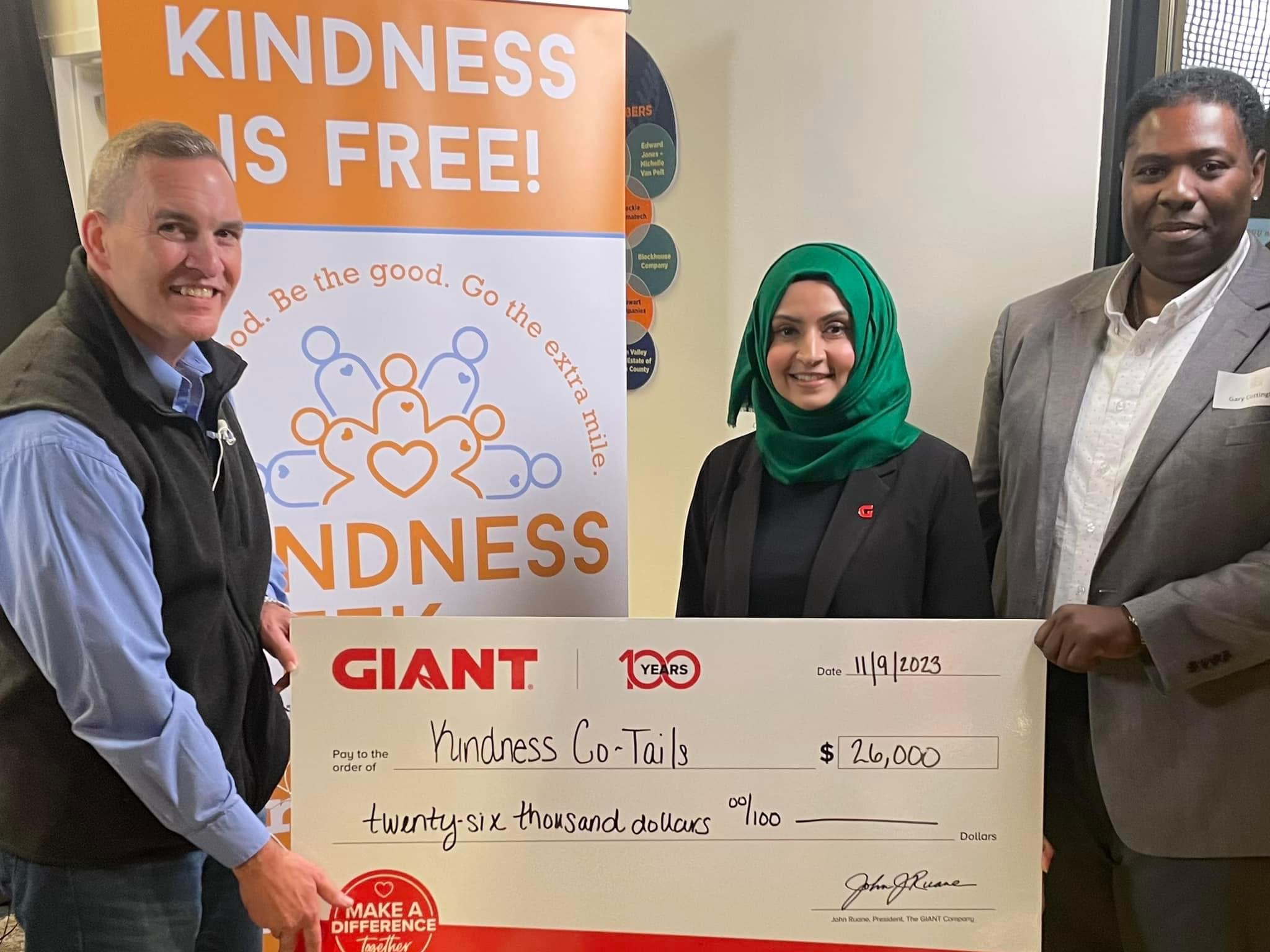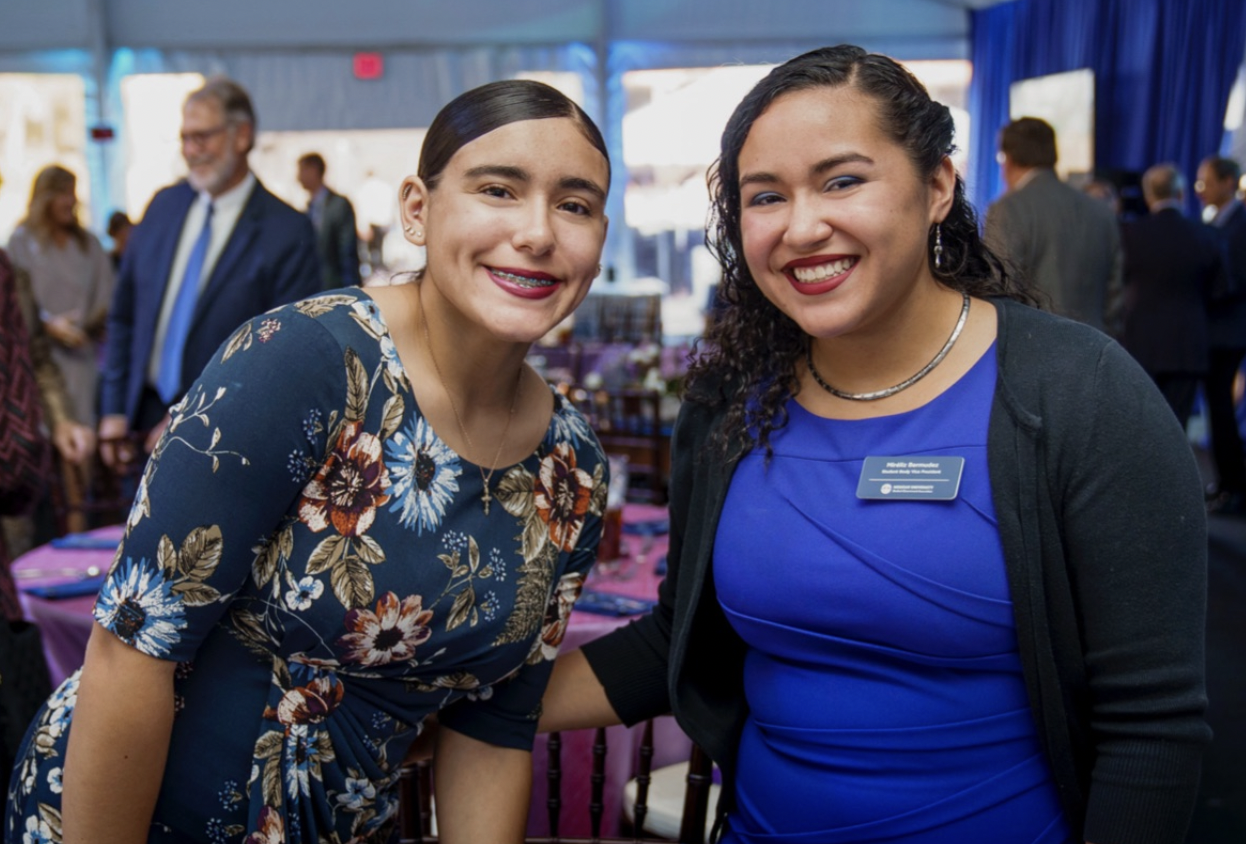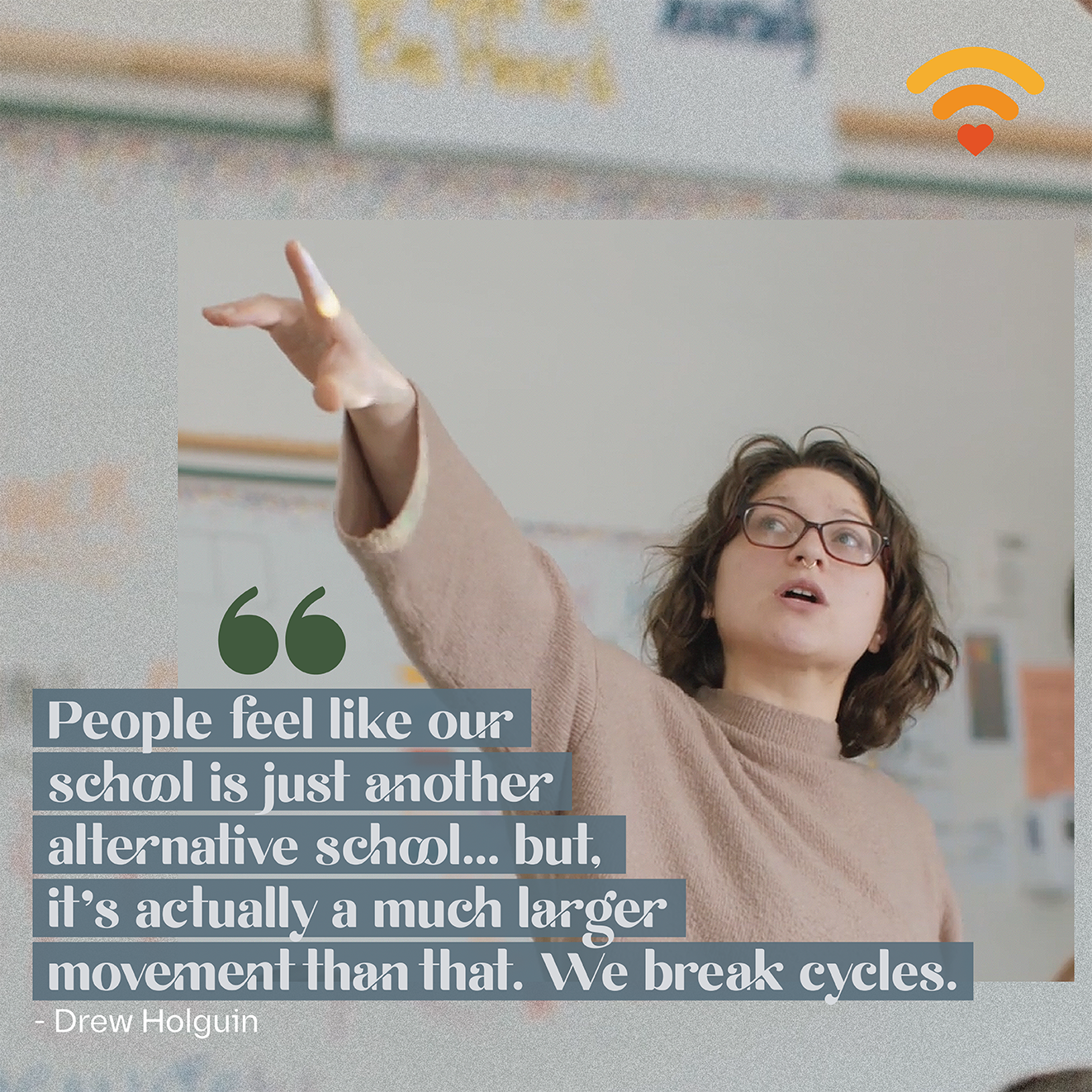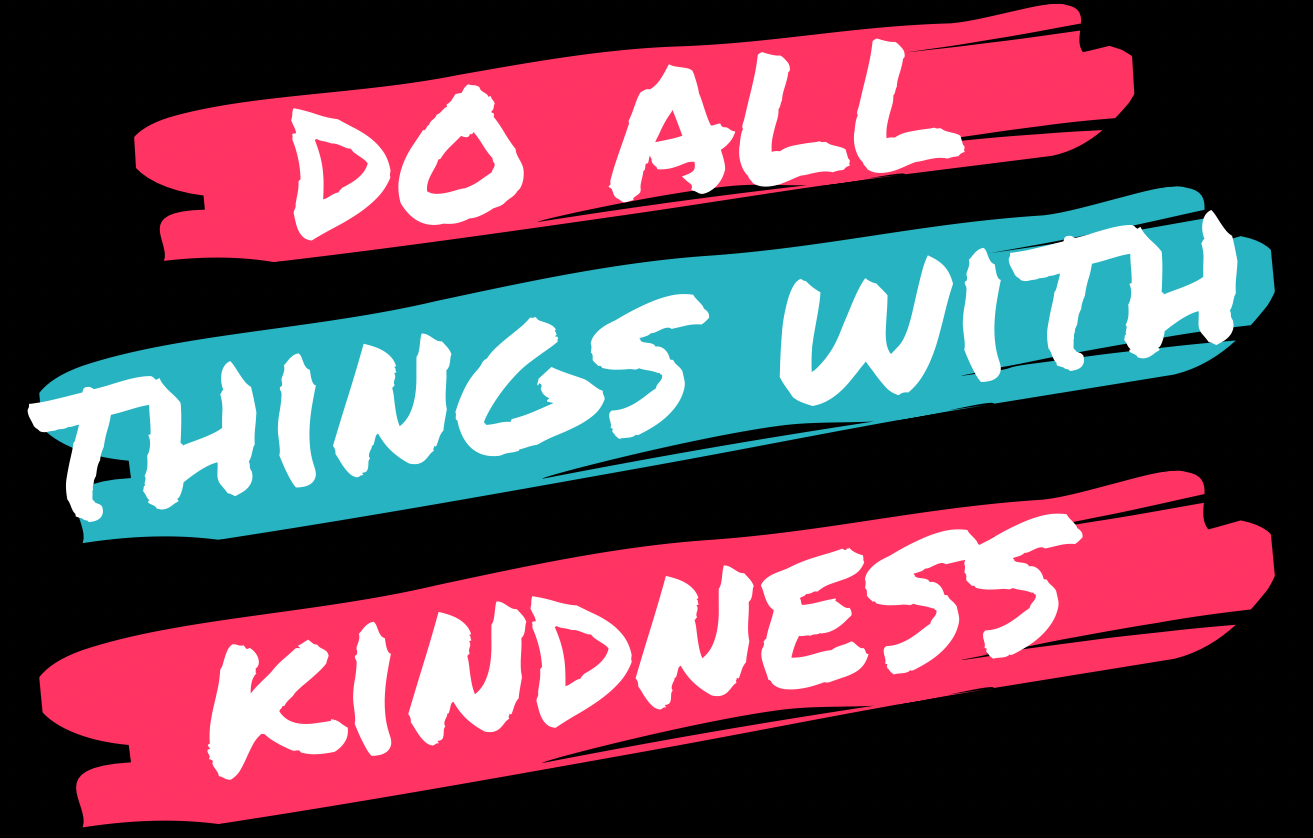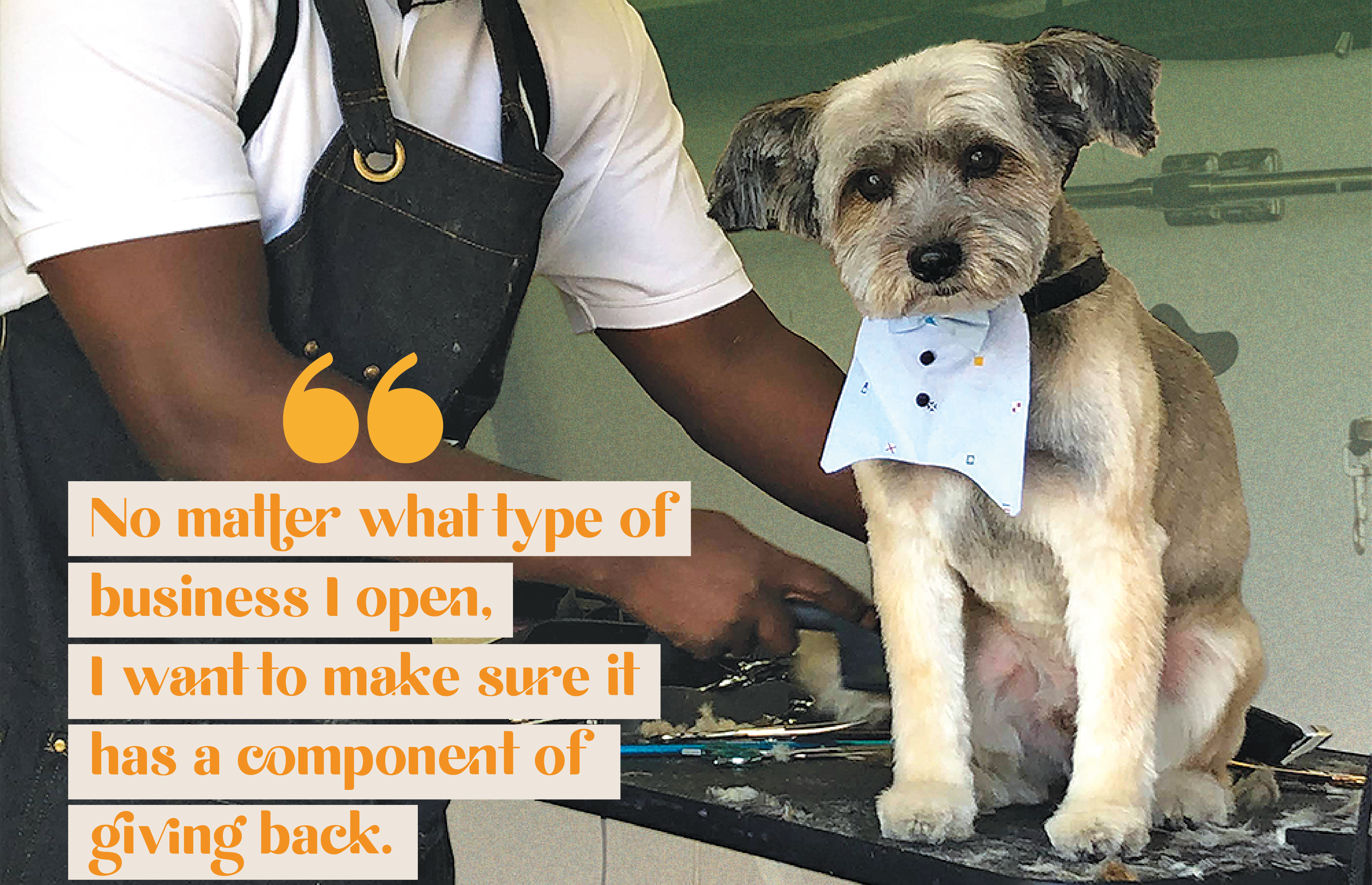Health and connection mark two concerns during the pandemic. Not only has COVID-19 increased health-risks, but the virus has also made visits to doctors’ offices riskier and less favorable. The pandemic has created a climate of disconnection. However, though physical interaction is limited, society has remained connected through other means, most notably, technology. We have transitioned to a virtual age where technology makes the unimaginable possible. From school to sports to birthday parties, we have established an online version of normal. And in this new normality, much-needed medical appointments were not left behind either. Health-care has shifted virtually through TeleHealth services that allow for remote medical care.
But in this change arose a problem: the lack of devices, especially for senior citizens. Without smart devices, patients who receive care through TeleHealth can not get the aid they need. So in March, a group of high-school and college students took this issue into their own hands and created a non-profit organization called TeleHealth Access for Seniors. The organization collects devices and brings them to clinics/hospitals. Siblings Arjun and Hannah Verma along with their friend Aakshi Agarwal founded Telehealth Access for Seniors when they noticed this shortage.
“A lot of people at home have devices that are not being used because they have upgraded to newer models,” Arjun Verma said. “So that’s when we came up with the idea of not only donating our own devices, but also asking friends and family, and then eventually expanding it to a larger organization.”
For seniors who may be unfamiliar with the technology, TeleHealth Access for Seniors also provides detailed guides on how to use the devices. The organization represents a collective effort of the younger generation offering a helping hand to older generations during this age of technology. After all, who knows technology better than Gen Z?
Telehealth Access for Seniors acts as a bridge between donors and practices where the devices are then distributed to patients. Volunteers of the organization first reach out to communities to inform them about the cause and ask for possible donations. Then, through Telehealth Access for Seniors’ website, donors may coordinate a time when a volunteer around the area can pick up the device. After getting them from donors, the volunteer will properly sanitize the devices. Once they gather a substantial number, the volunteer will make a trip or ship the batch to a partner clinic/hospital. People can make monetary donations to support the cause as well.
Volunteer Xiaoying Zheng is a student at Yale University and Telehealth Access for Seniors’ Massachusetts Lead; she is responsible for monitoring the efforts in the entire state. She is also in charge of collecting and donating devices to the Bedford VA, the largest veterans nursing home in the country. Through a mutual friend of the founders, she had heard that the hospital was in need of Telehealth devices and someone to gather them, so Zheng stepped up to that role.
“I had just been sent home from school,” said Zheng. “I had a lot of free time, and I really wanted to get involved in helping with the crisis at hand in some way while also preserving social distancing guidelines.”
This project has made a significant impact. As of the beginning of July, Telehealth Access for Seniors has contributed close to 1,000 devices, partnered with over 70 clinics, and raised around $40,000. The numbers keep on growing.
Another goal of Telehealth Access for Seniors is to spread awareness about health-care in general. Using social media and their website, the organization relays important information and stories. For example, on their Instagram page, they provide facts of the day and quotes to educate the public on issues surrounding health-care and the move towards virtual medical assistance.
“Via social media, we’ve not only solicited more donations and gotten a lot from that, but we also want to spread the word that Telehealth is not only about coronavirus,” said Verma. He mentioned that Telehealth brings convenience that is relevant beyond solely current circumstances. “The move towards virtual health-care is definitely a long-term thing…Everyone deserves a chance at equitable health-care.”
Telehealth Access for Seniors may have started due to a demand kindled by the pandemic, but the organization’s mission stretches further than just the present. Even if the pandemic dies down, the organization’s purposes of advocating and increasing access to virtual health-care will not fade.
COVID-19 has created waves that will ripple into the future. Riding the technology surge with full-force is Gen Z. And this younger generation is giving a hand–or more accurately in this case, a device–to help older generations in catching that wave as well.




